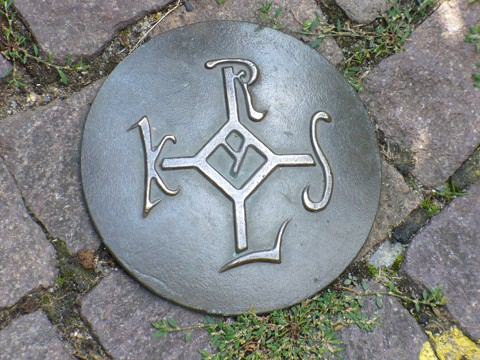From Ailenroc’s Book, by Cornelia Alexander
“Pa is pretty late getting home.”
It was Mrs. Jackson who spoke, standing in the doorway and shading her eyes with her hand—not because of the strong light, but because her eyes were weak and she had a habit of curving her hand over them. Two children—a boy and girl—were looking out, too, for “Pa,” for that was another of Mrs. Jackson’s habits—calling her husband “Pa.”
“I think I hear the buggy,” said Tom.
“Yes,” Alice chimed in, “and I see old Ball’s white face.”
Mrs. Jackson went back to her supper, which was smoking on the stove; while Tom ran to open the big gate, and Alice went to meet her father.
Mr. Jackson was a cheery, good-humored kind of man, and his coming generally brought the sunshine with it; and now, when he came in laughing, stamping, and laden with bundles, like a great, rough Santa Claus, his good humor was infectious, and his wife bustled smilingly around the table, while the children clamored for a peep into the parcels.
“No, no,” he said; “wait till ‘ma’ gets supper over.” So you perceive he had a habit, too.
Supper was soon over after that, and the dishes cleared away in a hurry; then came the unwrapping of the mysterious parcels.

